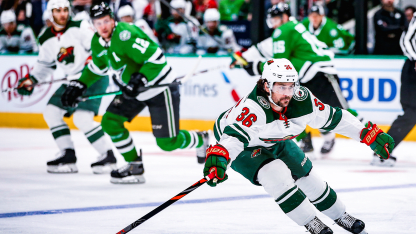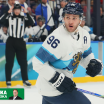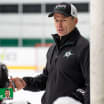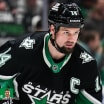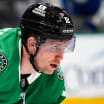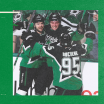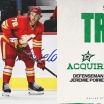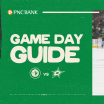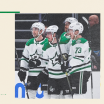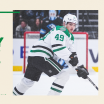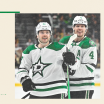The Central Division is certainly the most competitive division in the NHL.
The difference between first and last was 17 points last season, and even seventh place Minnesota finished above .500. The difference between first and last in the Atlantic Division was 64 points, the difference in the Pacific was 36, the difference in the Metropolitan was 32.
Now, those divisions each have eight teams, but the point is pretty clear that teams playing Central Division opponents have to be ready every game.
Last season, Chicago had the best record within the division at 14-8-4, while Minnesota had the worst at 12-10-4. Nobody is dominating anybody else.
Central Division preview: Will Stars take aim at Blues?
DallasStars.com's Mike Heika takes a closer look at the most competitive division in the NHL
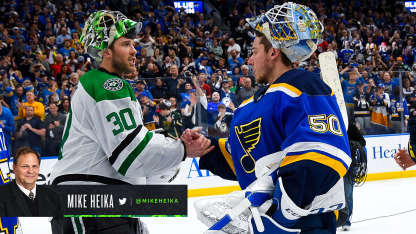
NHL Tonight forecasts the Central Division
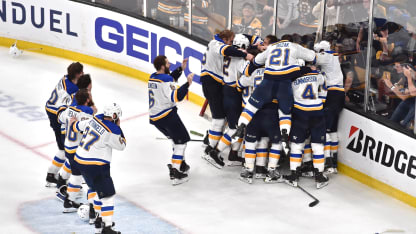
© Jan Volk
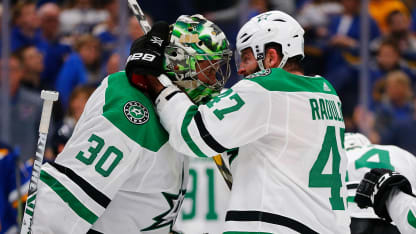
© Dilip Vishwanat
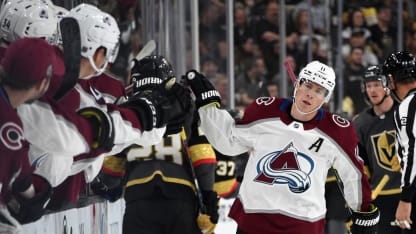
© David Becker
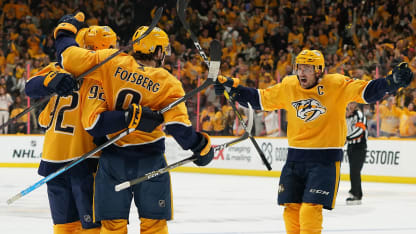
© John Russell
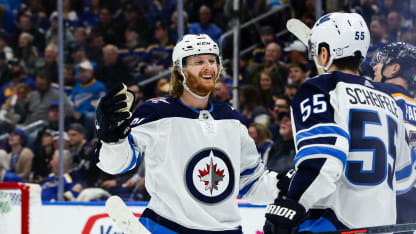
© Tim Spyers/Icon Sportswire
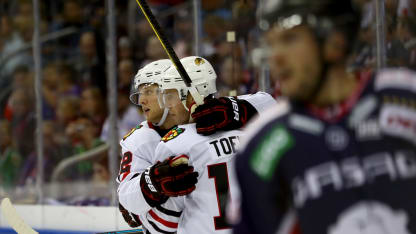
© Martin Rose/Getty Images
